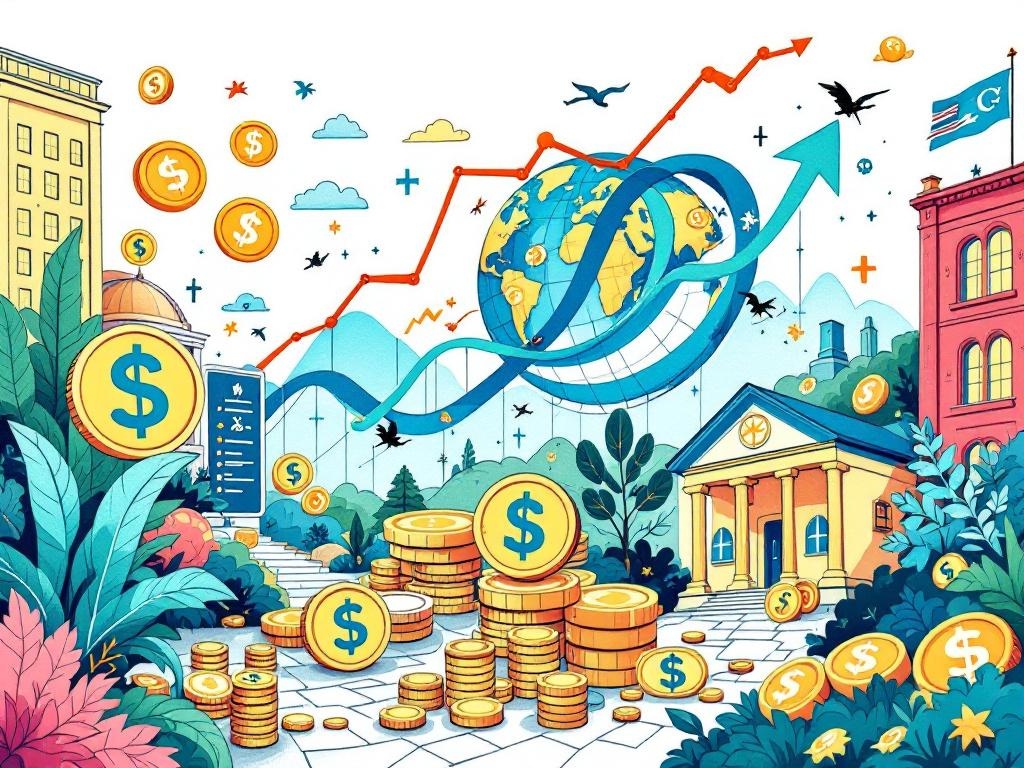U.S. Economy Faces Challenges Amid Global Economic Shifts

Washington, D.C., Wednesday, 15 October 2025.
Recent reports highlight significant global economic shifts, urging businesses to adapt strategies in response to fluctuating inflation, supply chain disruptions, and anticipated fiscal policy changes.
Impact of Global Economic Shifts
The U.S. economy is currently navigating a complex landscape marked by inflation fluctuations and persistent supply chain disruptions. Recent reports from NPR indicate that these challenges, coupled with potential changes in fiscal policy, necessitate businesses to recalibrate their strategies to maintain competitiveness [1]. The World Bank and the Federal Reserve have highlighted these issues as critical areas of focus, as they directly impact economic stability and growth prospects [1].
Inflation and Supply Chain Challenges
Inflation remains a central concern, with rates influenced by both domestic and international factors. The ongoing supply chain disruptions exacerbate this issue, creating bottlenecks that elevate costs and limit product availability [1]. As businesses struggle to adapt, the Federal Reserve’s monetary policy adjustments aim to stabilize prices and support economic recovery [1]. However, these measures may require time to yield visible results, complicating short-term business planning.
Fiscal Policy and Trade Uncertainties
Anticipated changes in U.S. fiscal policy further contribute to economic uncertainty. President Donald Trump’s recent threat to impose a 100% tariff on Chinese imports exemplifies the volatile nature of international trade relations [1]. Such measures could significantly impact global supply chains and domestic manufacturing sectors, necessitating a strategic reassessment by businesses involved in international trade [1].
Adapting Business Strategies
To navigate these economic challenges, businesses are encouraged to adopt flexible strategies that can withstand market volatility. This includes diversifying supply sources, investing in technology to enhance efficiency, and exploring new markets to mitigate risks associated with trade disruptions [1]. Furthermore, insights from recent economic analyses suggest that businesses must remain vigilant and proactive in responding to evolving fiscal and policy environments [1].